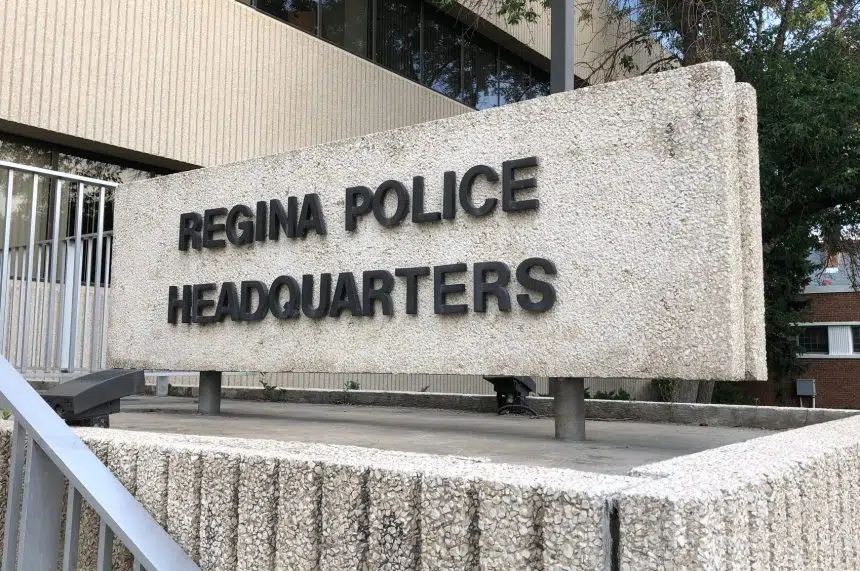Regina’s executive committee will be presented with a report in the third quarter of this year on how the city can take more responsibility for bylaw enforcement.
On Wednesday morning, the committee voted to have administration look into “stronger bylaw enforcement measures to the City of Regina for issues such as body rub establishments and housing standards.”
That would involve assigning inspectors for body rub parlours.
Mayor Sandra Masters said matters of licensing are already a responsibility for the city.
“I think there are concerns around both the element of trafficking as well as organized crime, which are clearly matters for the police,” Masters said.
She said bylaw officers could be trained to spot signs of human trafficking and exploitation.
“We should probably all (be) always vigilant in terms of determining and reporting incidents where we believe there could be concerns relative to trafficking,” Masters said.
The motion before the committee also included having bylaw officers inspect properties where there are frequent nuisances like squatting, gatherings or fires.
Police Chief Evan Bray said bylaw officers serve a role in reducing crime down the line.
“It really does kind of set the standard of what we accept in the community (and) what we won’t accept. And a lot of that leads to reduced victimization and reduced opportunities for crime in the community,” Bray said.
Having the city take on more responsibility for bylaw enforcement came up in a report for the police board in March.
The discussion comes at a time when people are asking how to ease the burden on police so officers can focus on policing. That report outlined a list of partnerships between police and the community to support community safety.
“The Regina Police Service fills a gap by responding to calls that may not be directly related to violence or public safety but are more tied to the root causes; such as mental health, addictions and harmful social relationships; particularly involving our community’s youth,” the report says.
“While police may be physically equipped to provide an immediate and front-line response, to what could be referred to as non-traditional calls for service, often times a more appropriate and professional service is required to address the root cause of the call.”











